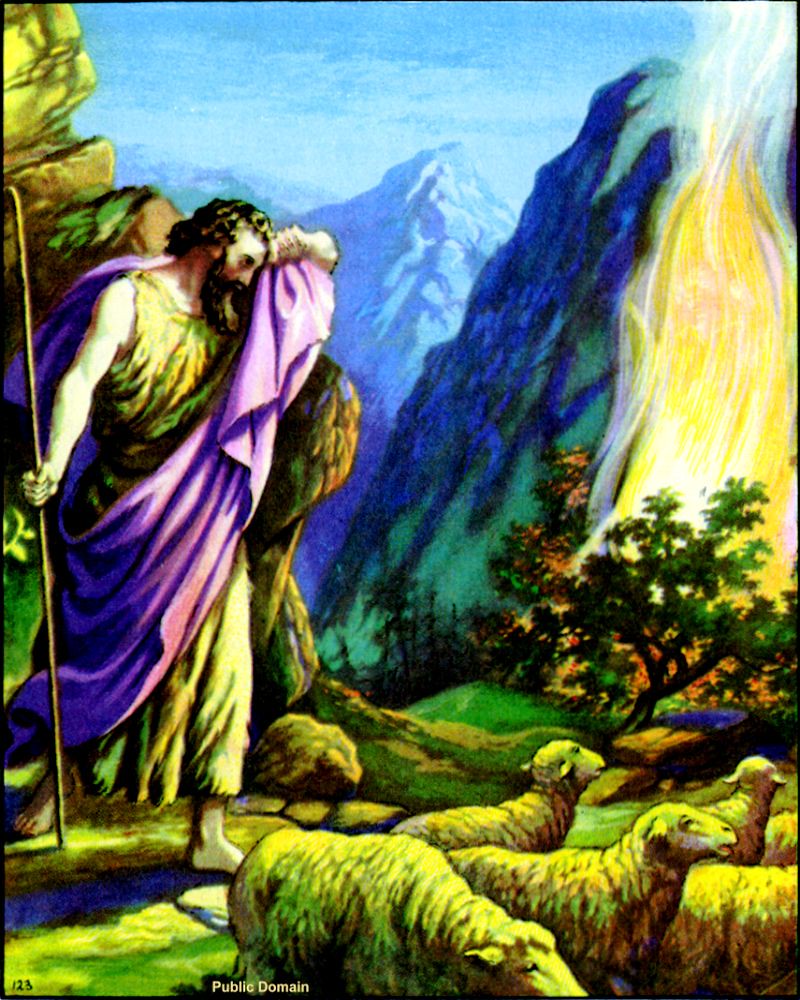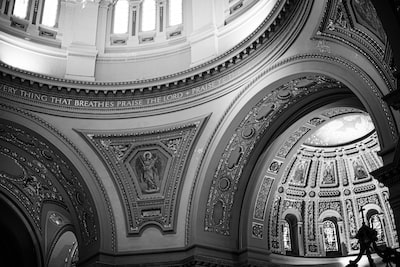In Exodus 3, we witness an incredible encounter between Moses and God at the burning bush. This chapter is pivotal in the story of the Israelites’ liberation from slavery in Egypt. In the midst of a normal workday, Moses sees a bush on fire but not being consumed by its flames. Intrigued, he approaches the bush, and that’s when God speaks to him, introducing Himself as the God of his ancestors, the God of Abraham, Isaac, and Jacob.
God goes on to reveal His plan to deliver His people, the Israelites, from their oppression in Egypt and lead them to the Promised Land of Canaan. He tells Moses that He has heard the cry of His people and has seen their suffering. This moment marks the beginning of a profound partnership between God and Moses. God instructs Moses to confront Pharaoh, the ruler of Egypt, and demand that he let the Israelites go.
As Moses engages in this conversation with God, the link to Messianic Jesus becomes apparent. Throughout the Old Testament, we can witness various instances of foreshadowing, prophecies, and symbolic representations that point towards the coming of Jesus. Exodus 3 serves as one of these significant connections.
Firstly, the burning bush itself symbolizes the presence of God. It is an awe-inspiring sight that grabs Moses’ attention, and it represents the holiness of God. Just as the bush burns but is not consumed, it foreshadows the nature of Jesus. Jesus, as the Messiah, possesses an eternal nature that cannot be extinguished. He is divine, yet in His incarnation, He took on human form to dwell among us.
Secondly, as God reveals His plan to deliver the Israelites from slavery, we can draw parallels to Jesus’ mission of salvation. God’s heart for His people, their bondage, and His desire to set them free demonstrates His immense love and compassion. This grand narrative of liberation foreshadows Jesus’ ultimate mission of delivering humanity from the bondage of sin through His sacrifice on the cross.
Furthermore, the exchange between Moses and God holds significant implications. Moses initially questions his worthiness and ability to confront Pharaoh and rescue the Israelites. In response to Moses’ insecurities, God reassures him of His presence and promises His guidance, saying, “I will be with you.” This promise finds its fulfillment in Jesus, who came to be Immanuel, “God with us.” Through His life, death, and resurrection, Jesus established His eternal presence with His followers, offering comfort, guidance, and strength.
Additionally, Moses asks God for His name so that he can identify Him to the Israelites. God replies, “I AM WHO I AM.” This name speaks to God’s eternal nature and His self-existence. It is a profound revelation of His divine essence. Again, we find a connection to Jesus, who often referred to Himself as “I am.” In the New Testament, Jesus declares, “I am the bread of life,” “I am the light of the world,” “I am the way, the truth, and the life.” His identification with the name of God testifies to His deity and His role in fulfilling God’s plan for salvation.
Moreover, Moses’ encounter with God at the burning bush becomes a commissioning moment. God appoints Moses as His representative, asserting that He has chosen him for this specific task. In a similar way, Jesus was chosen and sent by God as the ultimate deliverer and mediator between God and humanity. Through His life and ministry, Jesus fulfilled the prophetic role of the Messiah, bringing redemption, reconciliation, and freedom to all who believe in Him.
Lastly, Exodus 3 emphasizes the notion of obedience and trust in God’s guidance. Moses, although hesitant at first, ultimately heeds God’s call and embarks on a remarkable journey as the leader of the Israelites. Likewise, Jesus demonstrates perfect obedience to the will of the Father, willingly laying down His life on the cross for the salvation of humanity.
In conclusion, Exodus 3 presents a powerful encounter between Moses and God at the burning bush. This encounter not only sets in motion the liberation of the Israelites from Egyptian slavery but also contains profound connections to Messianic Jesus. The burning bush, God’s name, His promise of presence, and Moses’ commissioning all foreshadow and point towards Jesus’ nature, mission, and role in fulfilling God’s plan of salvation. This passage reminds us of the interconnectedness of the Old and New Testaments and highlights how Jesus is the ultimate fulfillment of God’s promises throughout history.
#Exodus3 #MessianicJesus #BurningBush #DivineEncounter #Salvation #GodsPlan #Foreshadowing #DivinePresence #Obedience #TrustInGod #BiblicalReflections #Messiah #ProfoundConnections #GodsWithUs #DivineRevelation #BiblicalSymbolism #MissionOfJesus #GodsLove #PromiseOfPresence



